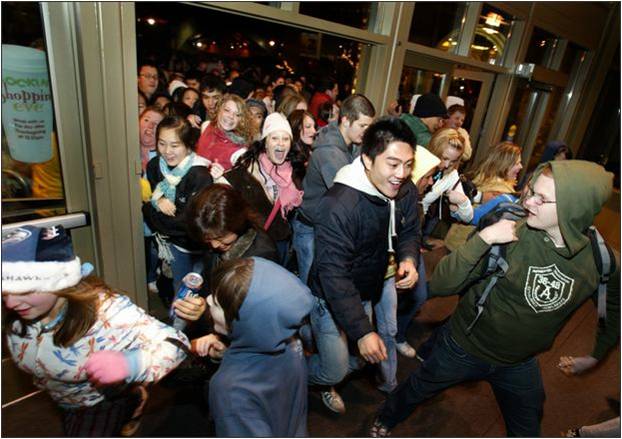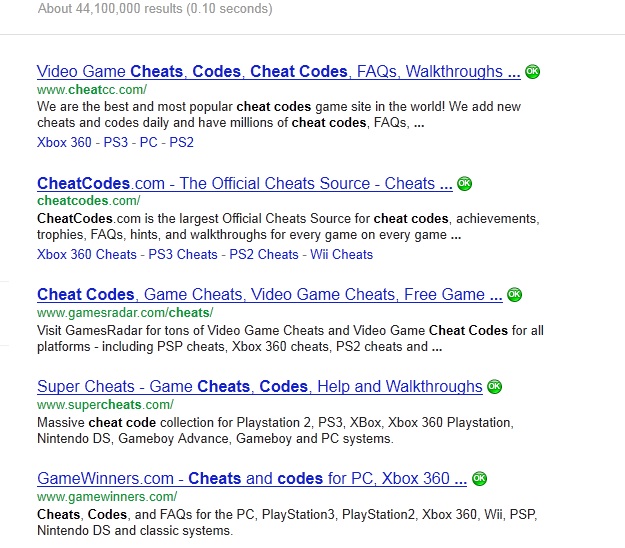 This holiday season, with the release of Star Wars, I found myself thinking a lot about fandom and how our love of various things (games, LEGO, movie franchises, etc.) becomes part of our conversations in both real life and on the internet. I’m not a fan of Star Wars. I think I used to be, but I lost interest somewhere along the way, but I did find the conversations surrounding the new release pretty interesting over the last several months. We’ve all seen the constant “Please don’t spoil!!!” posts on Facebook, and I’m sure many of us had these conversations in real life as well. I also saw arguments and conversations about who is a “real” Star Wars fan and even proclamations of how “cool” is was to not like Star Wars. I found this interesting not because I care if people like Star Wars or not, but because people seem so invested in whether or not others like what they like. A couple of people commented to me that they were annoyed with hard core Star Wars fans who they felt were too stuck on all the details and mundane trivia of the franchise.
This holiday season, with the release of Star Wars, I found myself thinking a lot about fandom and how our love of various things (games, LEGO, movie franchises, etc.) becomes part of our conversations in both real life and on the internet. I’m not a fan of Star Wars. I think I used to be, but I lost interest somewhere along the way, but I did find the conversations surrounding the new release pretty interesting over the last several months. We’ve all seen the constant “Please don’t spoil!!!” posts on Facebook, and I’m sure many of us had these conversations in real life as well. I also saw arguments and conversations about who is a “real” Star Wars fan and even proclamations of how “cool” is was to not like Star Wars. I found this interesting not because I care if people like Star Wars or not, but because people seem so invested in whether or not others like what they like. A couple of people commented to me that they were annoyed with hard core Star Wars fans who they felt were too stuck on all the details and mundane trivia of the franchise.
And, I thought to myself, “wait, I do that with LEGO.” I will talk a person’s ear off about LEGO, not because I’m trying to one-up anyone, but because I’m legitimately, endlessly fascinated by everything thing LEGO. (And, I do mean everything.) I love LEGO, so I want to share that love with everyone I know. Some people are happy to talk to me about it, others tolerate it, and (I suspect) others really just wish I would talk about something else. And, I get that, and I try to rein the constant LEGO talk in if I sense I’m boring someone. I assume many Star Wars fans feel the same way.
 I know some fans get upset if they have to deal with people who they perceive aren’t “real” fans or who they feel aren’t deeply invested enough in whatever fandom they find themselves drawn to. We see this all the time, of course, in gaming, and we often see arguments about who is a “real” gamer and what games one must play to reach the status of ‘real” gamer. But, the first time I noticed this phenomenon was in 2010 when the Texas Rangers entered the playoffs and, suddenly, so many people on my Facebook feed became bitter about the Ranger’s attracting “new” fans. I didn’t get it at the time, and I still don’t get it. Don’t you want to attract new fans to your favorite sports team, hobby, game, movie? I’ve seen this happen to some extent in the LEGO world, as well. After The LEGO Movie some long time fans became a bit bitter because they felt the movie increased the popularity of LEGO, which, according to them, makes it harder to find LEGO and drew the attention of more resellers. And, maybe this is true to some extent. Recently NPR published an article compare LEGO to gold. (But, I wouldn’t count on getting rich from LEGO anytime soon.)
I know some fans get upset if they have to deal with people who they perceive aren’t “real” fans or who they feel aren’t deeply invested enough in whatever fandom they find themselves drawn to. We see this all the time, of course, in gaming, and we often see arguments about who is a “real” gamer and what games one must play to reach the status of ‘real” gamer. But, the first time I noticed this phenomenon was in 2010 when the Texas Rangers entered the playoffs and, suddenly, so many people on my Facebook feed became bitter about the Ranger’s attracting “new” fans. I didn’t get it at the time, and I still don’t get it. Don’t you want to attract new fans to your favorite sports team, hobby, game, movie? I’ve seen this happen to some extent in the LEGO world, as well. After The LEGO Movie some long time fans became a bit bitter because they felt the movie increased the popularity of LEGO, which, according to them, makes it harder to find LEGO and drew the attention of more resellers. And, maybe this is true to some extent. Recently NPR published an article compare LEGO to gold. (But, I wouldn’t count on getting rich from LEGO anytime soon.)
For LEGO fans, January 1 is a big day. It’s the day they release a bunch of new sets and the day they release the new modular. This year, they also released one of the biggest sets to date, the Ghostbusters Firehouse. Typically, I do my first-of-the-year LEGO shopping at home. But, this year, I’m traveling a lot, so I wanted to try to pick up the Ghostbusters set from the store. When the set was first announced, many LEGO fans expressed concern about the price, so I was a little surprised that it was already sold out when I got to the store on New Year’s Day. The Ghostbusters set retails at $349 and is in competition with the new modular Brick Bank, which modular completionists will likely need to have. (I will need to have it eventually.) But, the Ghostbusters set sold out fast in stores. Not just in my store, I read it was difficult to find everywhere. I picked it up online, and I believe you can still order it online. But, maybe the popularity of even really expensive sets comes down to new fans. And, that’s ok. Frankly, I welcome the new fans. I hope that will give me even more people who are willing to listen to me go on and on about LEGO in the future.




